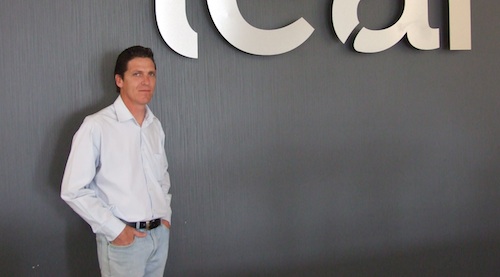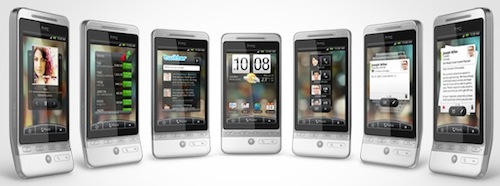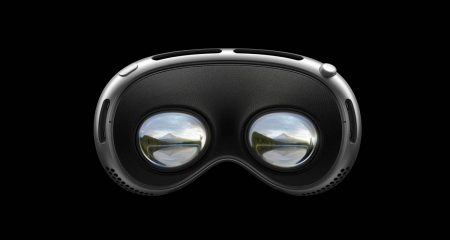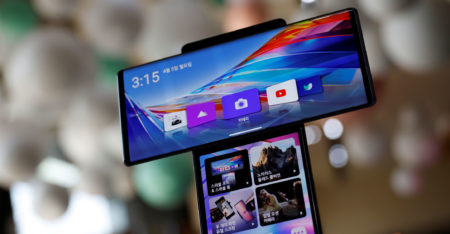
Leaf International Communications, the SA distributor of HTC handsets, has recalled 3 000 Google Android-based Dream handsets from mobile operator MTN’s sales channels.
Leaf MD Quinton Leigh says the handsets have been recalled to install new firmware (operating system software) on them and to provide them with easy access to Google’s Android Market.
Similar to Apple’s iTunes Store for applications, the Android Market is a central software repository where people can download programs designed to run on their handsets. (For now, only free, not paid-for applications are available to South Africans using the Android Market.)
The software update will also provide the HTC Dream devices with support for Microsoft Exchange Server for the first time, making them easier to use in corporate environments.
Leigh, pictured above, says Leaf and MTN decided to recall the phones as it would be easier than explaining to customers post-purchase how to go about upgrading the devices.
The HTC Dream is sold exclusively in SA by MTN. The handsets will be back in MTN stores and other MTN channels by September 16, Leigh says.
MTN customers who have already bought the Dream should take their device into one of Leaf’s branches to have it updated. Alternatively, they’ll find the new software on Leaf’s website, Leigh says. But they should only attempt this if they’re comfortable with flashing the firmware on a phone and are aware of the inherent risks.
A firmware update is also available for HTC’s other Android device, the HTC Magic, which is sold exclusively by Vodacom. Leigh says Magic users can take their handsets to Vodacom retail outlets to have the software updated.
Meanwhile, HTC’s highly anticipated Hero smartphone, seen as a direct rival to Apple’s iPhone 3G, will go on sale to selected customers as early as this week, with general availability expected by October 7.

The device, which has already been approved by the Independent Communications Authority of SA, will be available from MTN, Vodacom, Cell C and Virgin Mobile. Unsubsidised, the Hero is expected to cost just over R5 000, making it significantly cheaper than the new Apple iPhone 3GS, its most direct rival.
In addition to the Hero, Leaf will launch three new HTC handsets in SA before the end of the year. It plans to introduce a slimmed-down version of the Hero, called the Click, also in October. “Like the Hero, it will offer a full touch screen, but will be substantially cheaper.”
The Click is expected to sell for about R3 500 without a contract and will be targeted at the youth and consumer segments; the Hero is expected to sell better into the business market.
Leigh is reluctant to provide details, but says Leaf will also introduce an entry level HTC smartphone in November that will cost about R2 000. This, he says, will allow Leaf to begin to sell to people in LSMs (living standards measures) 6 and 7, not only those in LSMs 8, 9 and 10, where it has traditionally focused.
Its final new handset for 2009 is the Mega, Taiwan-based HTC’s first Microsoft Windows Mobile 6.5-based smartphone. This device will sell for between R3 500 and R4 000. — Duncan McLeod, TechCentral



